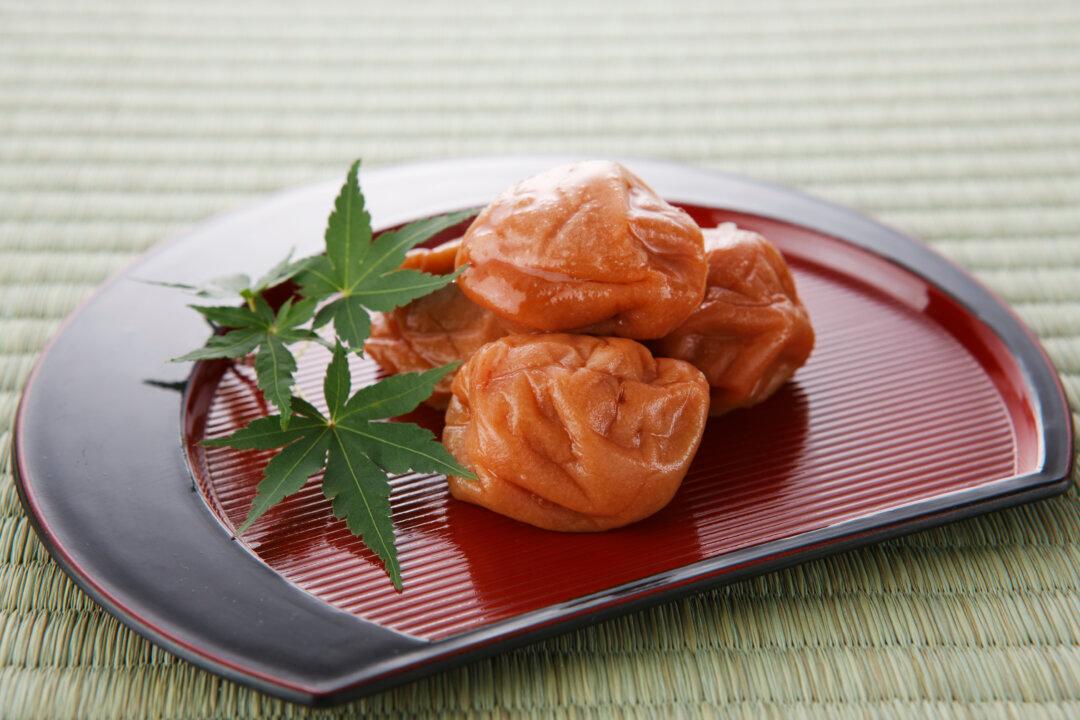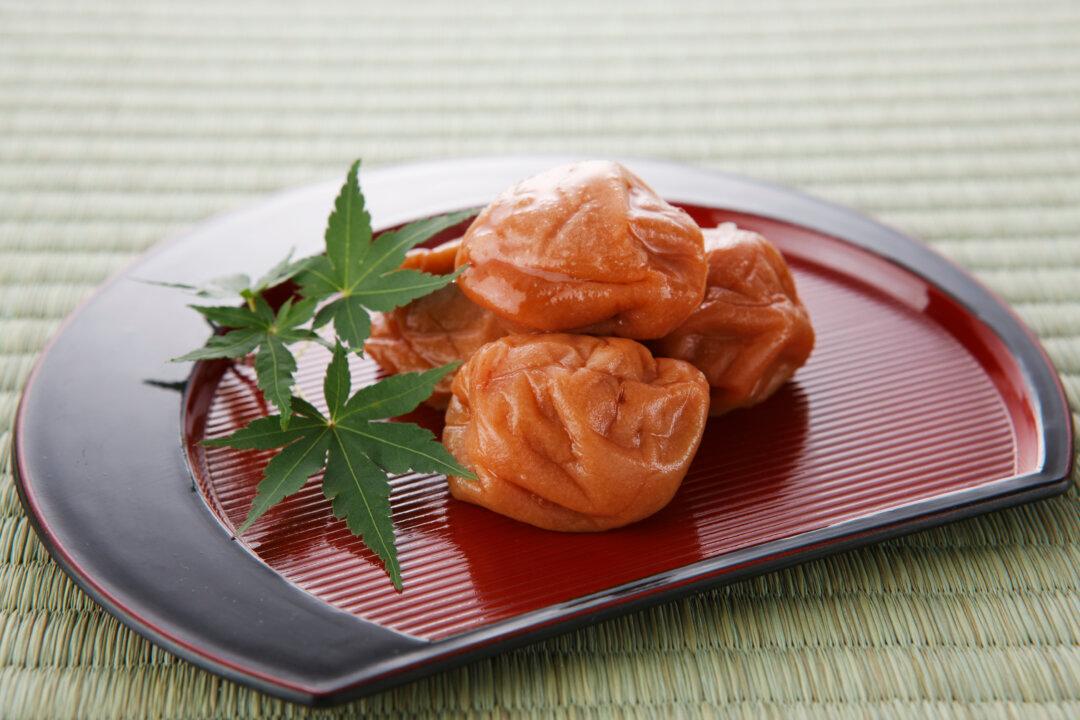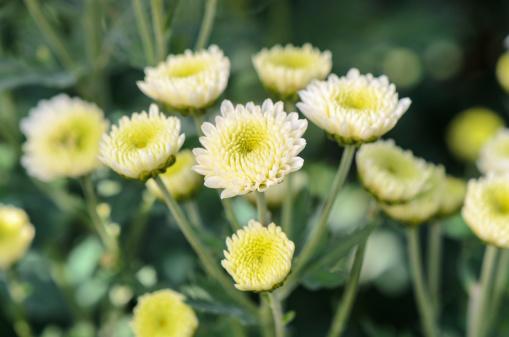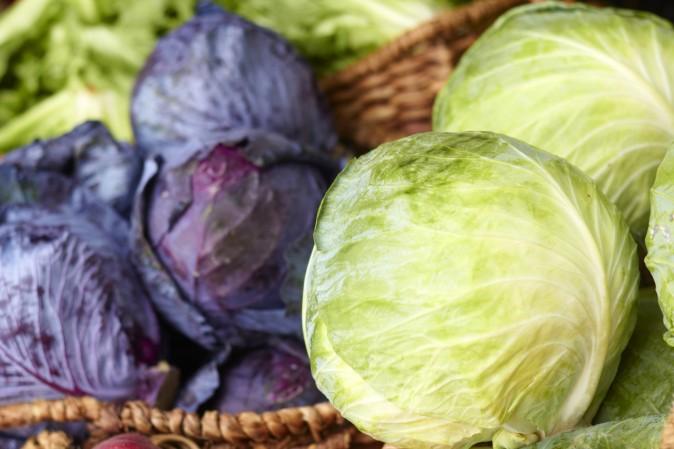So, you have survived Christmas—the rush of last minute gift shopping, the Christmas parties and family reunions, the festive food, the late nights, and even the post-Christmas sales. Yet there is still more to come as we wave the last day of 2013 good-bye and prepare for the revelry and celebrations of New Year’s Eve.
If you haven’t completed your list of New Year’s resolutions, you still have a few hours to go before 2014 arrives. Take a moment for yourself and review the past year, celebrate your triumphs, and reflect on what you will do better in the year to come.
Here is a recap of what you may have gleaned about using food for health and healing if you have been reading this column: Warm apple drinks can help you with food poisoning. Adding the starchy root kuzu and goji berries to your apple drink makes a delicious healing tonic.
Carrots and daikons help get rid of fat and mucus, and you can make sweet holiday desserts without sugar. If you missed any of these articles, you can see them online: TheEpochTimes.com/n3/author/trey-ph-d/
This week we will introduce you to another two macrobiotic healing drinks—dried daikon tea, and shoyu bancha tea, also known as kukicha tea.
Dried daikon tea has a cleansing effect and helps relieve headaches, including migraines and headaches at the temples, and aids in getting rid of fatty deposits in the body.
As we said last week, bancha twig tea also aids digestion. You’ll notice that the two recipes this week add a few drops of shoyu (soy sauce) or tamari to the bancha twig tea. This helps relieve headaches caused by overconsumption of sugar. Both of these teas are quick and easy to make.
Dried Daikon Tea
• 1/2 cup of shredded dried daikon
• 2 cups of water
• A pinch of sea salt or a few drops of shoyu
• A small piece of kombu seaweed (optional)
• 1–2 pieces of shiitake mushroom (optional)
Rinse the shredded dried daikon in cold water and place it in a pot with two cups of water. Bring to a boil, reduce flame, and simmer for about 20 minutes.
Add a pinch of sea salt or a few drops of shoyu. Simmer for another 3 to 5 minutes. Strain and drink tea hot or at room temperature.
You can use tamari instead of shoyu, but do not add sugar or any sweetener to this tea because sweetness will make it more yin, and it won’t have the effect of balancing your sugar consumption. It is important to add seasoning—the sea salt, shoyu, or kombu, if you have a more yin (cold, weak) constitution.
Shiitake mushrooms help dissolve fat and protein deposits in the body, while the kombu seaweed provides minerals that help to counter the weakening or yin effect of the daikon and the shiitake.
For those with ear troubles, like ringing in the ears, drink the dried daikon tea and apply a ginger compress (the topic of another article) on the lower back or the area around the ears.
Like many macrobiotic drinks, you can make variations of the tea by adding different ingredients to the main recipe. For instance, you might like to put a small umeboshi plum or some shiso leaves in the tea for liver and gall bladder conditions, and lotus root powder or grated fresh lotus for lung conditions.
Shoyu Bancha Tea
This tea is slightly alkaline and helps to neutralize the overly acidic condition caused by overeating animal products. Shoyu bancha tea helps ease tension headaches, strengthen the blood, and stimulate blood circulation.
Place a heaping teaspoon of kukicha into four cups of cold water in a pot. Bring to a boil on medium-high flame. Remove from heat and let the tea steep for a few minutes.
Put a few drops or about 1/4 teaspoon of shoyu or tamari sauce in a teacup. Pour the hot bancha twig tea into the cup. Stir and drink the tea hot.
It is important that you pour hot tea over the shoyu in a cup, instead adding the shoyu to the tea.
A good variation of shoyu bancha tea is to add an umeboshi plum—this makes it ume-sho bancha tea. You can put 1/2 or one small umeboshi plum into the teacup with the shoyu. Then pour the hot bancha twig tea over the combination. Stir well. Drink the tea while it is hot. Eat the plum as well. It has wonderful healing properties.
Considered the king of alkaline foods, the preserved umeboshi plum can neutralize the extremes of both yin and yang conditions. Use only macrobiotic-quality umeboshi plums. You can buy these from Whole Foods Market or from the macrobiotic online shop mentioned below.
The ume-sho bancha tea conquers fatigue and weakness. It enhances the healing properties of the shoyu bancha tea and brings relief from overconsumption of acid-forming foods, sugars, and fruit juice. With all these healing recipes, you are well-equipped for the festivities. Practice moderation and enjoy the holiday season.
Where to Buy Ingredients
The ingredients for the two teas are readily available in natural food stores. I usually get my dried daikon and bancha roasted twig tea from one of the three Sunrise Mart stores in Manhattan.
I also shop online from reputable macrobiotic stores, such as the Gold Mine Natural Foods Company in San Diego or as far away as Nature’s Glory in Singapore, where you can buy organic Japanese foods made by the company MUSO in bulk and at a great discount.
Dr. Margaret Trey has a doctorate in counseling from the University of South Australia. She was trained in oriental medicine, shiatsu, and macrobiotics, and was the director of Spirit Shiatsu in Australia for over 10 years. Now based in New York, she writes and continues her research on the effects of meditation on health and wellness.





